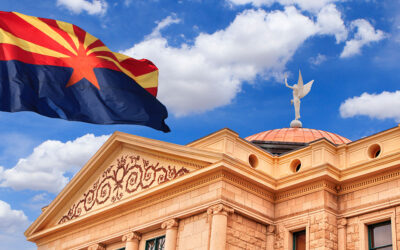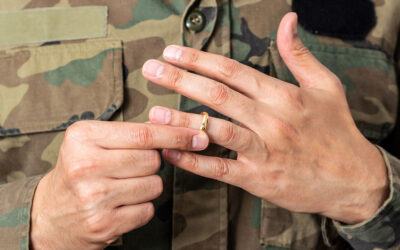Legal Articles from the Experienced Attorneys at Gillespie, Shields and Taylor
Subscribe to Receive the Latest Legal Articles from Gillespie, Shields and Taylor
"*" indicates required fields
Your Guide to Hiring the Best Family Law Attorneys in Arizona
Learn more about the key aspects of family law and how a family law attorney could provide help. Then, discover what to look for in a family law attorney.
A Guide to Spousal Support from a Family Law Attorney
Our experts explain what spousal support is, and how an attorney can help with a divorce. It also offers a guide for finding the best attorney for your needs.
The Ultimate Guide to Hiring the Best Civil Law Attorney in Arizona
You have many options for legal representation in major cities like Phoenix and Mesa. Learn how to narrow your options and find the civil law firm that fits your needs.
Spousal Support in Arizona
Learn about spousal maintenance in Arizona from the experienced family law attorneys at Gillespie, Shields & Taylor.
Taking a Closer Look at Probate Law
It’s understandable that probate court and estate planning can be overwhelming topics for just about anyone. Let Gillespie, Shields & Taylor help demystify the process.
Introduction to Appellate Law in Arizona
Learn all about appellate law in Arizona and review live examples of real cases that Partner and Family Law Attorney Mark Shields
Understanding Military Divorce: A Guide for Military Families
Military families undergo unique obstacles while navigating life, and divorce is no different. Learn how military and civilian divorces differ and how we can help.
Festival of Legal Information: Equip Yourself with Knowledge with the Law Offices of Gillespie, Shields & Taylor
Come to our Festival of Legal Information and discover everything you need to know about your legal rights and how to protect your rights.
Guidelines for Selecting a Trademark
When you create a new business or a new product, you often want to pick a clever name that the public will remember, but which also references the product or service being sold. For example, the mark “Google” for an internet search engine is memorable because it is...









